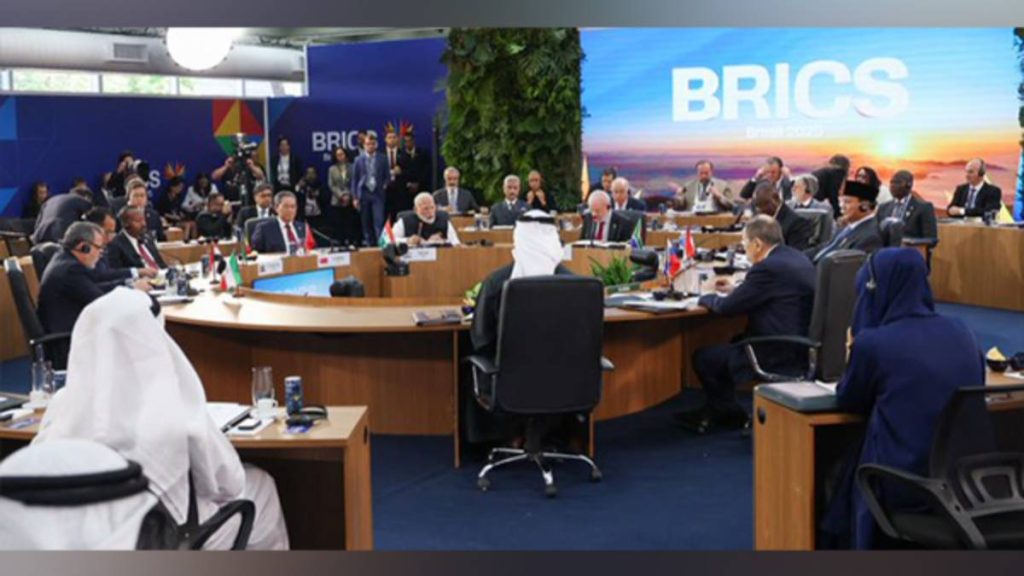In a strong and unified stand against global terrorism, BRICS leaders condemned the April 22 terrorist attack in Pahalgam, Jammu and Kashmir, and called for zero tolerance and the elimination of double standards in counter-terror efforts.
In a joint declaration at the 17th BRICS Summit held in Brazil, the bloc — comprising Brazil, Russia, India, China, South Africa, and new members Egypt, Ethiopia, Iran, the UAE, and Indonesia — described terrorism as a criminal and unjustifiable act. The leaders emphasized the need to combat all forms and manifestations of terrorism, including cross-border terrorism, terror financing, and the existence of safe havens.
“We condemn in the strongest terms the terrorist attack in Jammu and Kashmir on April 22, 2025, during which 26 people were killed and many more injured,” the declaration read. It reiterated the bloc’s commitment to fighting terrorism irrespective of the perpetrators or motivations, and stressed that terrorist acts should not be linked with any religion, nationality, civilisation, or ethnic group.
The BRICS nations expressed their support for the activities of the BRICS Counter-Terrorism Working Group (CTWG) and called for the urgent finalization of the Comprehensive Convention on International Terrorism under the United Nations framework. They also advocated for global efforts to be in full compliance with international law, human rights conventions, and the UN Charter.
The declaration condemned recent attacks on railway and bridge infrastructure in Russia’s Bryansk, Kursk, and Voronezh regions that resulted in civilian casualties, including children.
Additionally, the leaders reiterated their resolve to tackle illicit financial flows, including money laundering, terror financing, cybercrimes, drug trafficking, and the use of cryptocurrencies for illegal purposes. They called for greater international cooperation and technical assistance, especially for developing nations, in addressing these challenges.
The summit concluded with a call to create safer conditions for the younger generation, reduce their vulnerability to radicalization and crime, and promote youth participation in international development and counter-crime initiatives.
